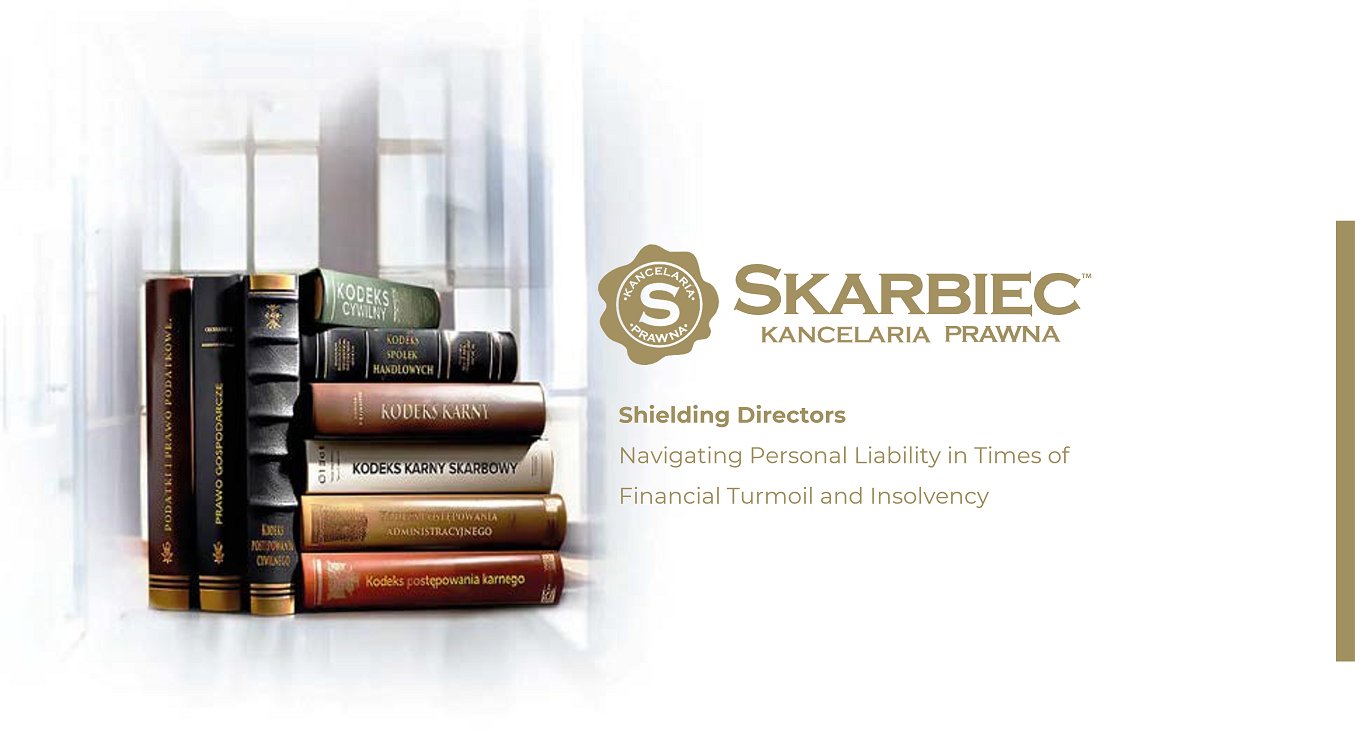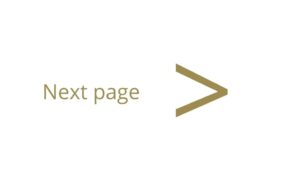
How the system operates in practice – the “entrapment” of directors
Chapter 7
Even if a prospective director acknowledges that serving as a board member in a capital company in Poland entails quasi-guarantee responsibility, they still anticipate that being held accountable will involve a comprehensive investigation by the court to ascertain the validity of the claim against the company. Sadly, this statement lacks any basis in reality.
Let me remind that this will not be a liability based on bringing a lawsuit against a board member (which is also possible under certain circumstances), but rather a transfer of liability onto the board member for obligations previously established in relation to the company. I refer to this mechanism as “director entrapment,” as it allows little room for directors to defend themselves against the transfer of responsibility from the company to them personally.
Case law goes so far to state that Art. 299 CCC implies a legal presumption of harm existence on the side of the creditor, the amount of which corresponds to the uncollected debt of the company. This presumption also covers the causal relationship between the harm and the failure of a member of the management board to submit a bankruptcy petition in a timely manner and the culpable act of not submitting the appropriate petition [Resolution of the Supreme Court – Civil Chamber of February 22, 2024, I CSK 6076/22].
In proceedings against a member of the management board, it is impermissible to challenge the company’s obligation or raise other allegations aimed at demonstrating the invalidity of the enforcement title issued against the company by the court:
“In accordance with the provisions of art. 299 § 1 CCC, the condition for holding members of the management board of a limited liability company accountable is the existence of an obligation of the said company, while enforcement against the company must be unsuccessful. The existence of an obligation of a limited liability company is a necessary condition for bringing a member of the management board to account and constitutes its prerequisite. At the same time, it is accepted that the obligation of the company, which is the basis for the liability of a member of the management board, must be established by an enforcement title issued against the company, such as a final court judgment, a notarial deed in which the debtor submits to enforcement, a copy of the debt register, etc.” [Postanowienie Sądu Najwyższego – Izba Cywilna z dnia 10 listopada 2022 r. I CSK 1854/22].
Case law differs enforcement title in form of final court judgment, form other enforcement titles like a notarial deed in which the debtor submits to enforcement. In case of other enforcement titles then court judgements it is a certain room for director’s to dispute debt for which responsibility it transferred to him.
It should be emphasized that this risk essentially pertains only to the equivalent of executive directors in a 1-tier monistic system, which refers to members of the collegial management body of the company known as the management board. With regard to the equivalent of non-executive directors, namely members of the supervisory board in a 2-tier system, there is only a remote chance of financial liability. Furthermore, in the case of “directors” understood as “officers,” the risk exists only in accordance with general compensation rules with no automatic transfer of financial responsibility. I refer here to distinctions I made in the begging concerning the meaning of word “director”.
The real risk of automatic transfer of liability from the company concerns members of the collegial management body with executive director status in the 1-tier system. The crux of the issue lies in the fact that whether even directors are convinced they have done nothing wrong is not of primary importance, although it likely depends on how “nothing wrong” is defined here. In Polish variation of the continental system, it is enough “wrong” if director does not constantly monitor the financial standing of the company in order to submit a bankruptcy petition on time. Failure to submit a report triggers automatic directors’ liability.

Founder and Managing Partner of Skarbiec Law Firm, recognized by Dziennik Gazeta Prawna as one of the best tax advisory firms in Poland (2023, 2024). Legal advisor with 19 years of experience, serving Forbes-listed entrepreneurs and innovative start-ups. One of the most frequently quoted experts on commercial and tax law in the Polish media, regularly publishing in Rzeczpospolita, Gazeta Wyborcza, and Dziennik Gazeta Prawna. Author of the publication “AI Decoding Satoshi Nakamoto. Artificial Intelligence on the Trail of Bitcoin’s Creator” and co-author of the award-winning book “Bezpieczeństwo współczesnej firmy” (Security of a Modern Company). LinkedIn profile: 18 500 followers, 4 million views per year. Awards: 4-time winner of the European Medal, Golden Statuette of the Polish Business Leader, title of “International Tax Planning Law Firm of the Year in Poland.” He specializes in strategic legal consulting, tax planning, and crisis management for business.







